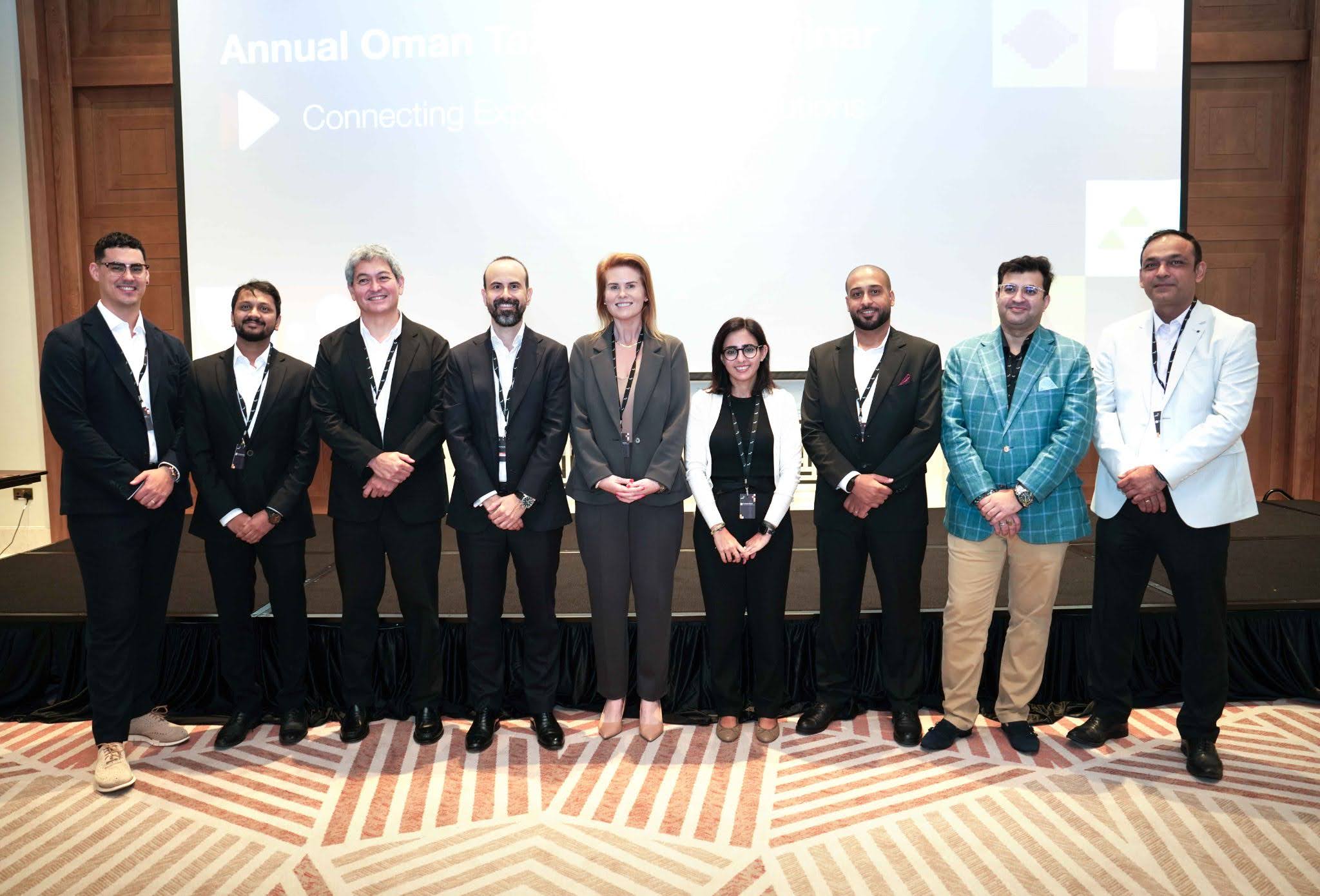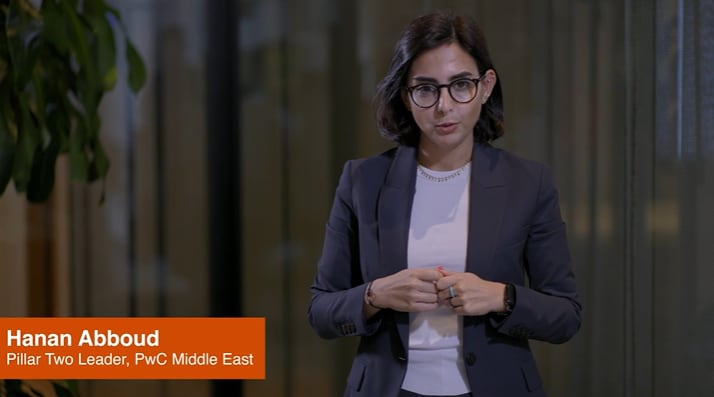
Anticipating the Impact of Global Digital Trade Rules: Strategic Insights for Businesses
As digital trade continues to reshape global commerce, the need for comprehensive, forward-looking regulations has become increasingly urgent. The recently proposed global digital trade rules, currently under negotiation at the World Trade Organization (WTO), signal a significant shift in how cross-border digital transactions will be governed. Businesses that proactively prepare for these new regulations can minimize potential risks and capitalize on the opportunities presented by a more transparent and consistent global digital trade framework.
Though the exact timeline remains uncertain, it is inevitable that all WTO members will face a significant shift in trade regulation through the implementation of global digital trade rules.
Learning from past regulatory shifts, digital trade rules are expected to have a profound operational and financial impact on businesses. Companies should start assessing their data flow management, tax systems, IT infrastructure, and legal structures to anticipate future compliance challenges. Proactive preparation is essential to navigate the upcoming landscape.
A crucial takeaway from prior digital trade regulatory adjustments is the importance of staff training on compliance procedures, particularly regarding cross-border data flows, e-commerce taxation, and digital services. Companies must educate employees about the implications of these new rules for operational efficiency. Additionally, upgrading IT systems is necessary, as many existing platforms may not support the required data collection for digital trade compliance. The disconnect between IT, legal, and finance teams can further complicate implementation if not addressed early.
Different sectors such as e-commerce, finance, telecommunications, and tech may experience varying compliance burdens and opportunities, given the nuances of digital trade regulation. Adopting a sector-specific approach and preparing for the operational and reporting requirements can significantly ease the transition.
In conclusion, a strategic approach, including early assessments, investment in technology, and employee training, will ensure businesses thrive in a more regulated digital trade environment. Proactively preparing for the new global digital trade rules will lead to a competitive advantage and a smoother transition in the long term.
Visit our dedicated tax policy alert for further insights on the WTO's digital trade rule negotiations here.
An overview of the current indirect taxes applicable in the GCC
UAE:
VAT standard rate of 5% (reduced VAT rate 0%).
Excise Tax rates: 100% for tobacco, tobacco products, electronic smoking devices and energy drinks; and 50% on carbonated and sweetened drinks.
KSA:
VAT standard rate of 15% (reduced VAT rate 0%).
Real Estate Transaction tax (RETT) applicable at 5% (effective 4 October 2020).
Excise Tax rates: 100% for tobacco products, electronic smoking devices and energy drinks; and 50% on soft drinks and sweetened drinks.
Bahrain:
VAT standard rate of 10% (reduced VAT rate 0%).
Excise Tax rates: 100% for tobacco (and related) products and energy drinks; and 50% on soft drinks.
Oman:
VAT standard rate of 5% (reduced VAT rate 0%).
Excise Tax rates: 100% on tobacco and related products, energy drinks and special purpose goods (pork & alcohol products), 50% on carbonated drinks.
Qatar:
VAT is not yet introduced in Qatar.
Excise Tax rates: 100% for tobacco products and energy drinks; and 50% on carbonated drinks.
Kuwait:
VAT and Excise Tax are not yet introduced in Kuwait.
The United Arab Emirates (UAE)
Customs
Dubai Customs announces new policy on the Voluntary Disclosure System
Dubai Customs has announced Customs Policy No. 58/2024, establishing a new Voluntary Disclosure System (VDS) for businesses to self-report customs compliance errors.
Eligibility Criteria
Companies can utilize the VDS only if they are not currently undergoing a customs audit or investigation. Entities under audit for the same or related customs issues will not qualify for the program. Additionally, the disclosed error must not be previously detected by Dubai Customs.
Process for Voluntary Disclosure
- Electronic Submission: Disclosures are submitted electronically through the Dubai Customs portal, ensuring a streamlined and efficient process.
- Required Information: The disclosure must include details of the error, the transaction involved, and any financial impacts, such as underpayment or overpayment of duties.
Timeline and Implementation
The new policy came into effect in 2024, reinforcing Dubai’s commitment to trade compliance and facilitating legitimate trade activities. The VDS is part of Dubai’s broader strategy to enhance customs efficiency and maintain its status as a global trade hub.
Businesses are encouraged to familiarize themselves with the new policy and ensure they are in compliance with customs regulations to take advantage of the benefits offered by the VDS.
Further details are available in PwC's news alert that can be accessed here.
The Kingdom of Saudi Arabia (KSA)
Value Added Tax
Proposed Amendments to the VAT Implementing Regulations
The Zakat, Tax and Customs Authority (‘ZATCA’) has published proposed amendments to various provisions of the VAT Implementing Regulations on the Public Consultation Platform of the National Competitiveness Center on 28 August 2024 for public consultation. Stakeholders and taxpayers were required to express their opinion on the platform and share feedback by 17 September 2024.
The proposed amendments/ additions to the VAT Implementing Regulations aim to enhance compliance with the KSA VAT landscape and to provide further clarity for the taxpayers, specifically on the following Articles:
| Article 10 - Group Registration | Article 40 - Adjustment to the value of supply |
| Article 11 - Application to form a VAT group | Article 40 - Adjustment to the value of supply |
| Article 12 - Amendments /Disbanding of a VAT group | Article 47 - Persons liable to pay tax in special cases |
| Article 13 - De-registration | Article 50 - Goods and services deemed to be received outside economic activity |
| Article 14 - Taxable supplies in the Kingdom | Article 54 - Credit and Debit Notes |
| Article 15 - Nominal supplies | Article 60 - Extension of time to pay tax |
| Article 17 - Transfer of an Economic Activity | Article 63 - Correction of Returns |
| Article 20 - Date of supply and tax due date | Article 64 - Examination and assessment procedures |
| Article 32 - Exports of goods from the Kingdom | Article 68 - Appeals |
| Article 33 - Services provided to non-GCC residents | Article 69 - Refund of overpaid Tax |
| Article 36 - Supplies of qualified military goods | Article 70 - Refund of Tax to Designated persons |
| Article 38 - Fair Market Value | Article 73 - Refund of tax to Tourists |
| Article 39 - Value of specific taxable supplies (Nominal supply) | Article 78 - Publication of Notifications |
Further details are available in PwC's news alert that can be accessed here.
E-invoicing
Electronic Invoicing Integration phase - 14th to 16th wave
During Q3/2024, ZATCA announced the criteria for the Electronic invoicing (E-invoicing) Integration Phase Wave 14-16 participants. As per the announcement, VAT registered taxpayers with the following revenue thresholds must integrate their systems with ZATCA’s FATOORA platform by the specified deadlines:
- Wave 14: Revenues exceeding SAR 5 million during 2022 or 2023 must integrate by 1 February 2025.
- Wave 15: Revenues exceeding SAR 4 million during 2022 or 2023 must integrate by 1 March 2025.
- Wave 16: Revenue exceeding SAR 3 million during 2022 or 2023 must integrate by 1 April 2025.
- Integration phase enhances tax compliance and transparency by requiring transmission of invoices to ZATCA. Further details are available in the announcements published by ZATCA:
- Wave 14 announcement
- Wave 15 announcement
- Wave 16 announcement
Customs
New Customs Services Fee Structure in Saudi Arabia
On 06 September 2024, ZATCA introduced a revised customs services fee structure, effective immediately. The ZATCA publication is accessible here.
The main aspects of this new fee structure include:
- Increased Transparency: Fees are now itemized for each specific customs service, offering businesses greater clarity regarding the cost of import and export activities.
- New Fees for Specialized Services: Introduction of new charges for services such as customs inspections outside of regular working hours and expedited processing.
- Discounted Bulk Transaction Fees: Discounts apply to high-volume transactions, encouraging larger trade activities.
- Updated Warehousing and Storage Fees: Revised fees aim to align with international standards, enhancing efficiency in port resource management.
- Stricter Penalties for Non-Compliance: Adjustments to fines are designed to enforce customs regulations more strictly, with a focus on deterring repeated violations.
ZATCA’s revisions are expected to have a significant impact on businesses, with the transparency and discounts potentially benefiting larger operations, while new specialized fees could increase costs for certain services.
The Kingdom of Bahrain (Bahrain)
Value Added Tax
NBR has published the updated VAT General Guide (version 1.11)
The National Bureau for Revenue (NBR) has issued new updates in the VAT General Guide, version 1.11. This update includes additions to the Appendix regarding fees vs penalties.
As of 1 November 2024, all charges are considered VATable as they represent consideration for the broader scope of services provided unless the payment is in relation to an indemnification of an actual damage incurred.
All charges/fees imposed by banks, such as late payment fees or early termination fees are subject to VAT at the standard rate
Appendix D of the General Guide provides examples of charges that are subject to VAT as well as examples of punitive charges in nature that are out of the scope of VAT.
The updated guide is accessible here.
NBR has published the updated VAT Financial Services Guide (version 1.3)
The National Bureau for Revenue (NBR) has issued new updates in the VAT Financial Services Guide, version 1.3. This update includes more details in section 2.7.2 in relation to interchange fees. The NBR has covered details of the VAT treating in relation to charges to issuing banks, payment network operators and switch services.
The updated guide is accessible here.
NBR has published the updated Real Estate Guide (version 1.4)
The National Bureau for Revenue (NBR) has released updated version 1.4 of the Real Estate Guide. This update includes important changes to section 2.3.9 regarding the VAT treatment for the rental of retail and promotional stands.
As of 1 January 2025, the provision of space for retail or promotional stands will not be regarded as an exempt supply for VAT purposes, irrespective of the rental period. Such a supply will be subject to VAT at the standard rate if the person providing the space is a VATable person.
The updated guide is accessible here.
Regional events in Q3 2024
The takeaway
Taxpayers are now, more than ever, required to keep up with the pace of indirect tax changes in the region and stay future ready.
For a deeper discussion on various aspects listed in the publication that are applicable to your business, please get in touch.
Download newsletter
GCC Indirect Tax News Roundup - Quarter Three 2024
Contact us
Chadi Abou Chakra
Middle East Indirect Tax Network Leader, PwC Middle East
Tel: +966 11 211 0400 Ext: 1858
Guido Lubbers LLM MBA
ITX Partner | TLS Middle East Consumer Markets leader, PwC Middle East
Tel: +966 54 110 0432
Gaurav Kapoor
Partner - Tax Reporting & Strategy Leader for Oman, PwC Middle East
Tel: +968 93891546
Carlos Garcia
Partner, Middle East Customs & International Trade, PwC Middle East
Tel: +971 56 682 0642













